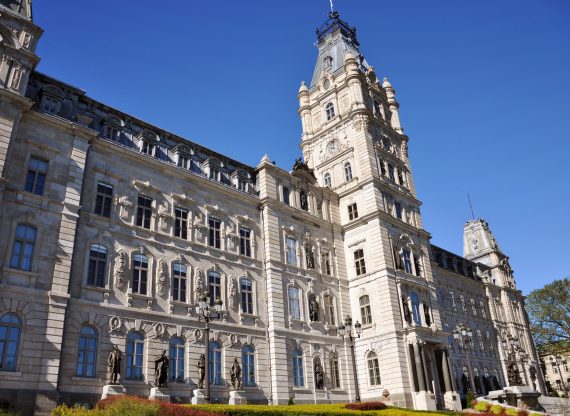Mini-hospitals, balancing the budget, and energy liberalization: The MEI publishes its prebudget brief for Quebec

Montreal, March 2, 2023 – Focusing on three themes—health care, public finances, and Quebec’s energy needs—the Montreal Economic Institute this morning published the prebudget brief it sent to the Quebec Finance Department.
“The quasi-monopoly on health care has long since hit its limits in terms of being able to meet the needs of Quebecers,” says Renaud Brossard, senior director of communications at the MEI. “It’s time to try something new—something more entrepreneurial—in order to solve our endless waiting list problem.”
The research institute recommends that the Quebec government keep its promise to open two mini-hospitals run by independent entrepreneurs but accessible using the province’s Medicare card.
It notably cites the examples of France and Sweden, where hospitals run by independent operators work within the same universal health care system as government-run hospitals.
On the issue of public finances, the MEI recommends returning rapidly to a balanced budget.
“The past year has shown us that the era of loans at one per cent interest is behind us,” says Mr. Brossard. “With higher interest rates, the Quebec government has to return to a balanced budget quickly if it wants to avoid having interest payments eat up all of its fiscal wiggle room.”
From a historic low of 1.2% in July 2020, the Quebec government today finances its new debt at a rate of 4.1%.
The amount devoted to interest payments on the debt has grown by 37% compared to its pre-pandemic level, whereas the size of the debt itself has grown a third as fast over the same period.
The MEI is particularly concerned about the $15.9 billion of debt that comes due in 2023-2024, and which will have to be refinanced at higher rates.
On the energy question, the MEI is asking the government to allow entrepreneurs to turn to independent electricity providers, in the wake of the reduction of Hydro-Québec’s obligatory supply threshold from 50 megawatts to 5 megawatts.
“While it may be reasonable, in the context of a looming electricity shortage, to extend the right to refuse to smaller projects, it is equally reasonable to allow entrepreneurs who are refused to turn to independent suppliers,” says Mr. Brossard. “The right to refuse must not become a veto power on economic development in Quebec.”
The MEI’s brief is available here (in French only).
* * *
The MEI is an independent public policy think tank with offices in Montreal and Calgary. Through its publications, media appearances, and advisory services to policy-makers, the MEI stimulates public policy debate and reforms based on sound economics and entrepreneurship.
– 30 –
Interview requests
Renaud Brossard
Senior Director, Communications
Cell: 514-743-2883

